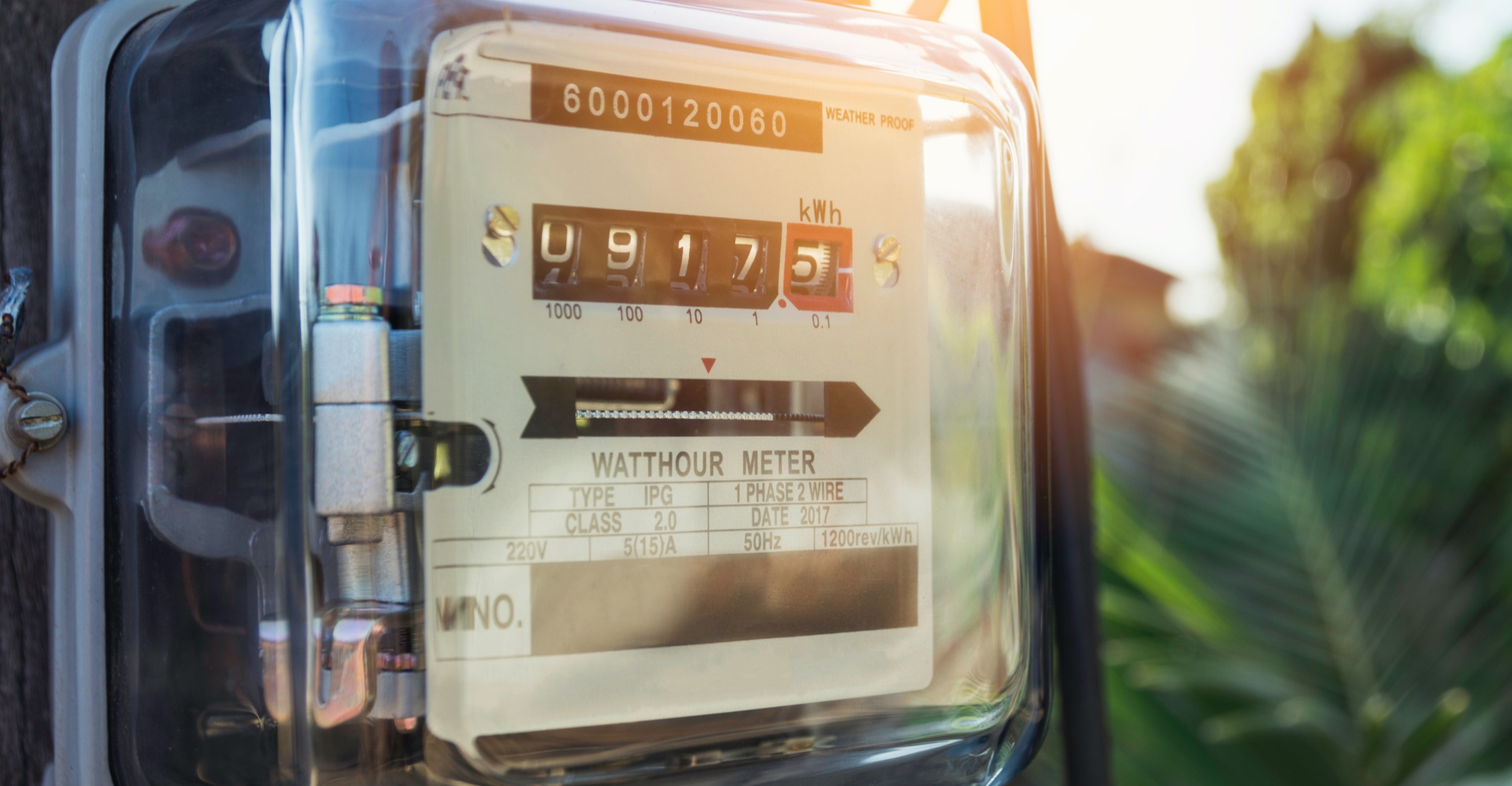
Peak hour programs pass savings to customers
Monday, July 12, 2021
Media Contact: Gail Ellis | Communications Specialist, Copywriter | 620-515-2498 | gail.ellis@okstate.edu
The summer heat is on and as the incessant running of home air conditioners spikes electric bills, some power companies are offering peak hour incentive programs that could help customers save money.
When sweltering temperatures soar in July and August, electric utilities attempt to manage heavy, peak-power loads by encouraging customers to turn up their thermostats and reduce electricity usage during the hottest hours of the day — usually between noon and 8 p.m. Although not a universal term, many companies have coined this power reduction concept as a “smart hours” or “time-of-use” program.
Scott Frazier, an Oklahoma State University Extension specialist in energy management and an associate professor in the Department of Biosystems and Agricultural Engineering, said peak usage hours in the heat of summer signal more expensive operating costs for power companies.
“If people can conserve energy during those times, the utility companies can pass along the savings to customers,” Frazier said.
The eligibility requirements for each incentive program vary with every power company, but many involve the installation of smart meters or automated meter reading systems in a customer’s home. These special meters track energy usage and voltage data that can be monitored by energy suppliers and shared with customers. Other load management plans allow power companies to remotely adjust a home’s thermostat during peak hours.
Frazier said the guidelines for some programs can seem complicated, but most are effective in helping customers shift their peak hours to a cooler time of the day.
“It is possible to save money, but customers have to be ready to follow the rules,” he said. “There may or may not be a penalty if you miss the time-of-use window of usage.”
For customers interested in participating in this type of program, Frazier recommends contacting their electric utility to learn the pros and cons of each option. The price fluctuation of electricity in extreme temperatures represents a growing trend in the energy industry where real-time pricing could further motivate customers to take such cost-saving measures.
In addition to smart hours programs, Frazier said other ways to conserve energy and lower electricity rates in the heat of summer include unplugging appliances not in use, turning up the thermostat to 80 degrees when a home is unoccupied and relying on fans to cool a room instead of an air conditioning unit.
